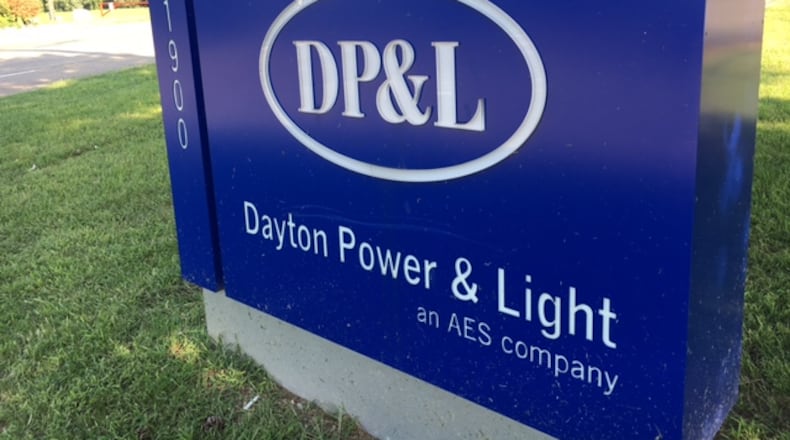RELATED: PUCO restores 2013 DP&L electric rates, dropping rates
“This appears to be the court granting DP&L’s motion to intervene in those proceedings,” the PUCO spokesman, Matthew Schilling, said Thursday.
In recent months, several groups have appealed the PUCO’s August 2016 decision to grant DP&L’s motion to withdraw its electric security plan, Schilling said.
The groups argue that the PUCO could not simply allow DP&L to withdraw the plan, and that the PUCO must properly account for what they argue were improperly collected charges.
The Ohio Consumers’ Counsel office said its appeal is “taken to protect customers from being made to pay millions of dollars ($73 million per year) to Dayton Power & Light Company for unlawful transition charges.”
In a statement released Thursday, a spokesman for that office said, “Energy prices are at historic lows, but DP&L continues to charge its customers more than the market price for electricity. Dayton-area consumers deserve lower electric rates reflecting lower prices in the competitive market — and the Consumers’ Counsel’s appeal is intended to achieve those lower rates.”
FROM AUGUST 2016: Protection groups says DP&L request will cost electric consumers more
In August last year, the PUCO let DP&L withdraw its electric security plan, or “ESP,” which is basically a proposed plan for operating in a way that’s meant to protect the utility’s ability to provide power.
That August 2016 ruling came two months after a key Ohio Supreme Court ruling. The court in June 2016 reversed a PUCO decision that allowed DP&L to charge customers extra.
About a month after the Supreme Court’s ruling, in July 2016, DP&L filed a motion to withdraw its application for the ESP.
Kroger Co. is among those appealing the PUCO’s August 2016 ruling.
In its February appeal to the Ohio Supreme Court, the consumers’ counsel said the PUCO violated state law when it allowed DP&L to withdraw its ESP.
“The letter and intent of (state law) allows a utility to withdraw its electric security plan in response to a PUCO order, not in response to a Supreme Court decision,” the office said.
Added the office, “The PUCO unreasonably and unlawfully allowed a utility to withdraw its electric security plan after 32 months of charging customers.”
The Industrial Energy Users of Ohio, a group of Ohio manufacturers and big energy users, faulted the PUCO for failing “to initiate a proceeding to account for the amounts billed and collected under” under what the group said was an unlawful “rider” or charge in that ESP.
“The (PUCO) failed to account for the revenue DP&L collected under the unlawful … charge,” the energy users group said.
Schilling declined to comment on the appeals.
In a statement, DP&L said, “Since DP&L has a clear interest in the subject of the cases, the Supreme Court granted that motion today, which is consistent with its prior practice. DP&L’s motion to intervene was unopposed.”
FIVE NEW BUSINESS READS
About the Author
